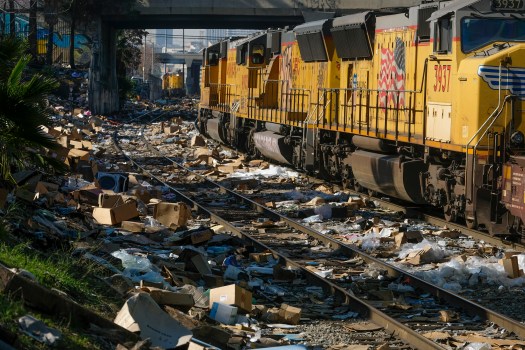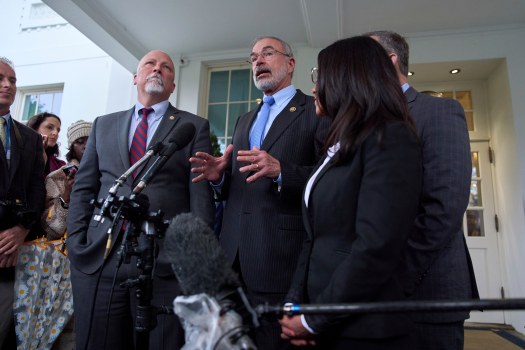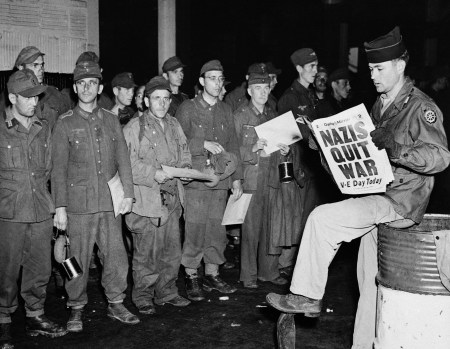These days, crime is more than just store smash-and-grabs. Cargo theft is becoming more and more of a well-organized endeavor. Additionally, it raises the cost of everything from gadgets to home goods, costing the American economy tens of billions of dollars every year.
Almost all trucking companies are victims of cargo theft, either directly or indirectly, as Bob Costello, chief economist at the American Trucking Associations, recently informed Congress. Either they have been the victims of crime, or they are still victims because they are spending so much money to protect themselves from being targeted.
The fact that theft is a systemic problem that affects the entire supply chain was made evident by his warning. The larger logistics network is losing $35 billion a year as a result of the issue.
In 2024, freight railroads suffered losses of $100 million due to a 40% increase in cargo theft events over 2023. Petty theft and parking lot break-ins are no longer the only examples of these crimes. Cargo theft has evolved into a sophisticated, organized menace that affects not only railroads but also truckers, retailers, manufacturers, and ports, according to a Washington Examiner investigation.
Today’s crooks track and steal cargo using drones, identity fraud, and cyber frauds. The worrying increase in strategic theft, which now makes up one-third of all cargo thefts, has been highlighted by the Eno Center for Transportation. Thieves in these situations pretend to be brokers or couriers in order to fool shippers into sending items directly to them.
Every day, consumers pay the price. Businesses have to spend more on security, insurance, and rerouting when shipments are delayed or stolen. Families are immediately impacted by these additional expenses in the form of less product availability, higher register prices, and worse service.
Because thieves are taking advantage of flaws in certain jurisdictions, such as district attorneys’ insufficient enforcement, cargo theft has spread. Despite reporting the thefts to local police, federal agencies, and insurers, no assistance was provided to one trucking company that had its identity stolen and was attacked repeatedly. Efforts to combat these crimes are dispersed and ineffectual in the absence of federal coordination.
For this reason, the Combating Organized Retail Crime Act of 2025 (CORCA) is a crucial piece of legislation in Washington. In order to enhance data sharing, raise federal punishments for repeat offenders, and provide funding for expert prosecutors, CORCA would create a federal coordination center within the Department of Homeland Security.
Supporters calculate that firms lose between $60 billion and $80 billion a year as a result of retail and cargo theft combined. Additionally, the costs translate into decreased profits, higher insurance premiums for those who move and sell the items, greater security costs, and higher pricing for consumers, as the Washington Examiner pointed out.
It’s time for Washington to give this matter the serious attention it requires. Organized cargo theft is a hidden tax, not just a bother. In order to end the theft that stealthily robs families every day, Congress should move quickly to adopt CORCA.
The president of Consumer Action for a Strong Economy is Matthew Kandrach.












